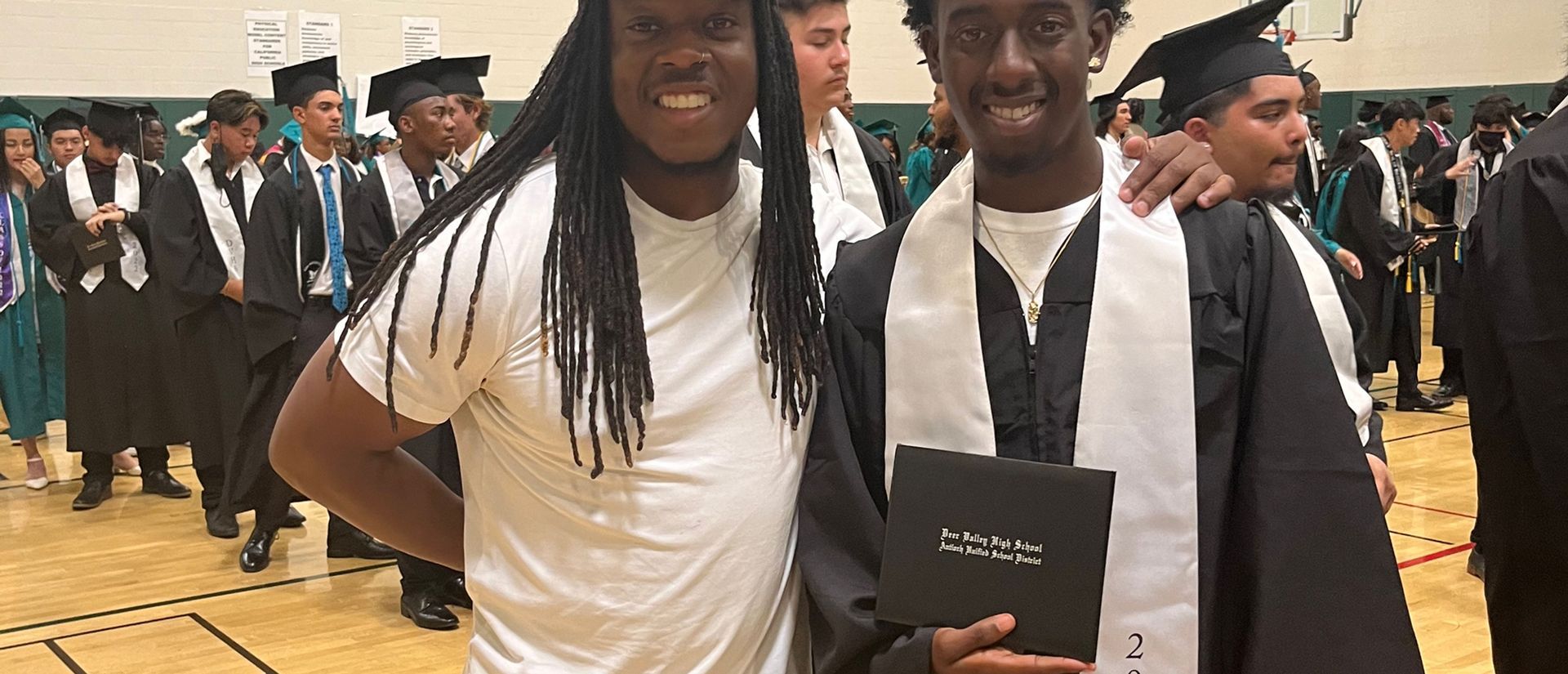Social Emotional Assistance and Identity Development
Social Emotional Assistance
The Social-Emotional objective of Bridge Builders is to eliminate barriers to success by assisting with identifying and mitigating crises, promoting social justice, and enhancing social functioning so that adolescents in grades 6-12 may be better equipped to cope with the many challenges they encounter in life following high school graduation.
Measurable Goals
- Provide effective tools for managing stress and emotions
- Increase Individual accountability among participants
- Promote and increase self-advocacy
- Provide effective tools to improve participant communication skills
- Model appropriate boundaries
- Provide psychosocial education that leads to positive change
- Increase participant self-esteem and confidence
Participant Guidelines
- Appropriate and respectable volumes
- No food or drinks during in-person participation forums
- No plagiarism
- Respect the confidentiality of other participants
- Practice appropriate boundaries
- Minimum of 1x a week face-to-face check-in with Advisor
- Minimum of 3.5 hours a week of after-school curriculum participation on any outlet
Program Features
The Social-Emotional component of the program will consist of different activities and lessons to build rapport and provide psycho-education to participants. Subjects to address the former program goals will follow.
In an effort to provide effective tools for managing stress and emotions, an array of coping skills will be routinely taught, demonstrated, and modeled throughout the program. Coping skills will consist of exercise, effective breathing techniques, increasing positive affirmations, coloring, music, and many more. It is the belief that providing psychosocial education, eliminating the stigma around mental health, and increasing emotional and mental health awareness will lead to an increase in participant self-esteem, confidence, and overall positive change, thus providing an opportunity to model and educate on effective communication.
Additionally, at all times, participants will be privy to experiencing professional and supportive support and counseling services, as appropriate boundaries, respect for confidentiality, and respect for client self-determination will be modeled. In efforts to promote and increase self-advocacy, participants will be held accountable for all of their actions, assistance will be provided for identifying problem behaviors and problematic relationships, and assistance will be provided for identifying tools and resources to mitigate barriers to the participant reaching self-actualization.
Participants will receive education and support on handling setbacks and failure, the effects of media on behavior, music therapy, the identification of music as a psychological and physical stimulus, the attainment of goals, and much more. The focus will be on eliminating barriers to success and replacing them with positive habits. Using a person-centered, strength-based approach, the participants will learn the tools and skills necessary to manage stress and emotions better, thus positively improving their quality of life.
Identity Development
Students constantly struggle with their identity and try to figure out who they are. As part of educational institutions, many students have shaped their identity based on the media, their community, and their peers. We will help students break down certain identity barriers that prevent them from being the best versions of themselves.
- Break down their social identity.
- Students will redefine their identity through our culturally relevant curriculum.
- Learn to advocate for themselves in educational settings.
- Help identify assets and deficits within their classroom settings and allow their voices to be heard as they find the best way to.
Program Features
Bridge Builders to the New Generation will create an inclusive space for vulnerable students to talk about their personal struggles and learn how to navigate spaces that were not designed for them. The program keeps students safe and active until the moment we end. We believe that there is a huge gap in our educational system in terms of how to engage students who come from marginalized communities in their class curriculum.
We look to engage our students through a culturally relevant pedagogy, which will allow students to break down their social identity and how they view themselves and show up in the world. Hip hop gives students the ability to express themselves, not from dirty lyrics, but from the sense of culture and community, which will allow our students to become critical thinkers through their expression of the way they dress, think, and write. This will give students the ability to look at the assets and deficits of their community and how their environment, music, and society shaped the way they see themselves.

